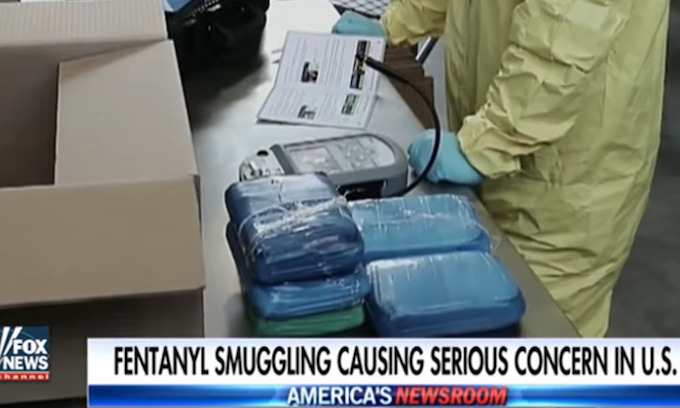Every year, thousands of Massachusetts families make the gut-wrenching decision to ask a judge to force a loved one into addiction treatment. In the last fiscal year, more than 6,000 people filed such petitions, although they have no say in where or for how long a loved one must remain in treatment.
While many states use civil commitment, Massachusetts is believed to be the only state that court-orders some men to treatment inside jails and prisons — even if they haven’t committed any crimes.
As legislators seem poised to add millions of dollars in funding for involuntary commitment programs under the law called Section 35, there are concerns among legislators, public health advocates and families on the state of forced treatment here.
A lack of control for families
About a month ago, Jim Derick, of Franklin, petitioned a court to “section” his 31-year-old son to treatment for the fourth time in three years.
Derick, president of the SAFE Coalition, a substance use support and education nonprofit, said he opted for forced treatment after Franklin police had found Derick’s son using drugs with another man who died of an overdose.
His son was sent to Stonybrook, one of two Section 35 programs operated in state-run correctional settings. Hampden County Sheriff Nick Cocchi helped launch the Stonybrook Stabilization and Treatment Center in Ludlow in 2018 to address what he saw as a dearth of treatment options in western Massachusetts. Derick was surprised when his son called him recently from Stonybrook.
“[My son] was telling me how good he felt about the care he was receiving,” Derick said. “… He said that it feels like one of the better treatment places he’s been in. He’s been to well over a dozen private and public rehabilitation centers.”
Derick said his son, who six months before was sent to the other Section 35 program inside a correctional facility, the Massachusetts Alcohol and Substance Abuse Center (MASAC) in Plymouth, said there was “radical difference” between Plymouth and Stonybrook.
“It’s completely different,” Derick said. “Down to the clothing they’re issued. They get khakis and t-shirts, not prison jumpsuits. The other times that he was in that setting, he developed a lot of animosity and vitriol toward the system. A lot of mistrust, and frankly, a renewed reluctance to continue with treatment. I’m not saying the correctional facility causes that, but it certainly can amplify it.”
State law allows someone to be involuntarily committed under Section 35 for up to 90 days. On average, people stay at Stonybrook for 55 days and about half as long at Plymouth, according to the Department of Correction’s website. Gov. Charlie Baker moved the center from Bridgewater to a former minimum security prison in Plymouth in 2017.
————
Victor Kassel, 29, was sent to MASAC about a year ago after cycling through treatment programs and detox facilities.
“I’ve been through the whole wringer in terms of treatment,” Kassel said. “But I would say MASAC is the worst place I’ve been to.”
After several weeks at MASAC, Kassel was released. He relapsed a few days later.
“I ended up back in a detox, and I actually saw a few people that I was with in Plymouth — in that same detox,” Kassel said. “Clearly, this is not working.”
He said he’s now been drug-free for almost eight months. He and his father, Phil Kassel, both believe the Section 35 system should be reformed.
The Department of Correction said it has taken steps to improve MASAC. It said treatment is now provided by medical staffers and three types of medication-assisted addiction meds are available. A $36 million capital improvement project is underway to upgrade the facility, which is also preparing for accreditation and licensure from the Department of Public Health.
© Copyright (c) 2022 Trustees of Boston University. All rights reserved.
—-
This content is published through a licensing agreement with Acquire Media using its NewsEdge technology.



















Its harsh to say, but if druggies wanna OD.. LET THEM.